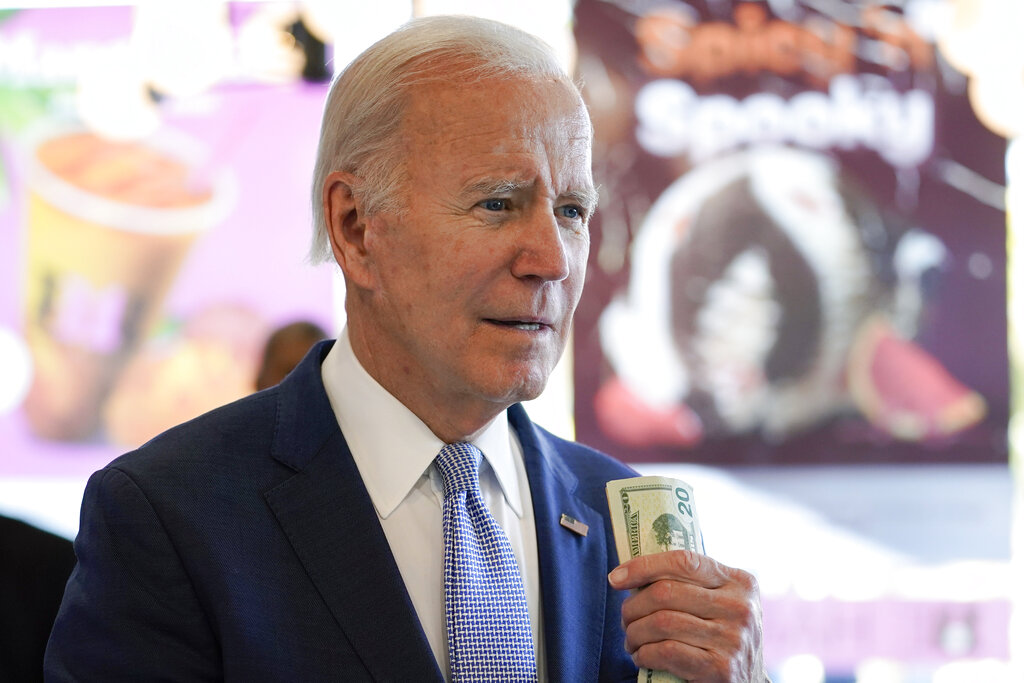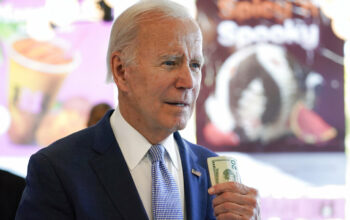The Biden administration announced Wednesday that it will ease its final yearly tailpipe emissions reduction requirements through 2029 and lower its requirements for pure-battery electric vehicles to meet these targets, representing a softening of the Environmental Protection Agency standards for EVs in the months ahead of the November presidential election.
While the EPA will seek for EVs to make up 67% of new vehicle sales by 2032, the same goal as outlined in the version of the rules proposed last year, it will allow automakers to do so using other mixes of vehicles, including plug-in hybrids and improved internal combustion engine vehicles, in addition to pure battery electric vehicles.
The regulations will also deliver on the Biden administration’s goals of reducing fine particulate emissions by 95% and reducing the emissions of nitrogen oxides and other ozone smog precursors by about 75%.
“With transportation as the largest source of U.S. climate emissions, these strongest-ever pollution standards for cars solidify America’s leadership in building a clean transportation future and creating good-paying American jobs, all while advancing President Biden’s historic climate agenda,” EPA Administrator Michael Regan told reporters.

















